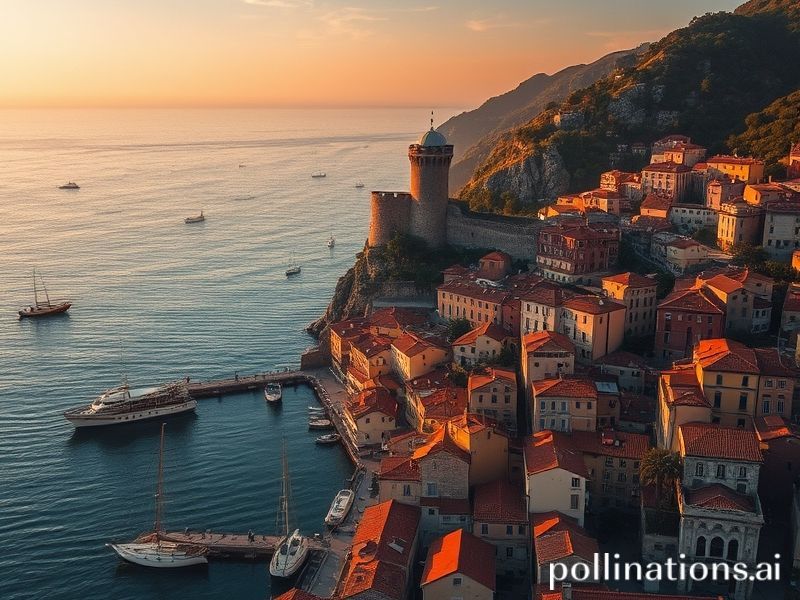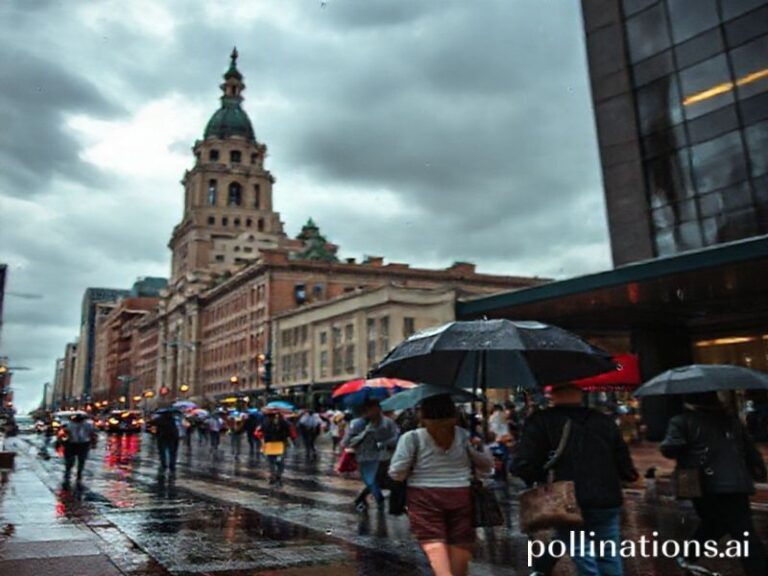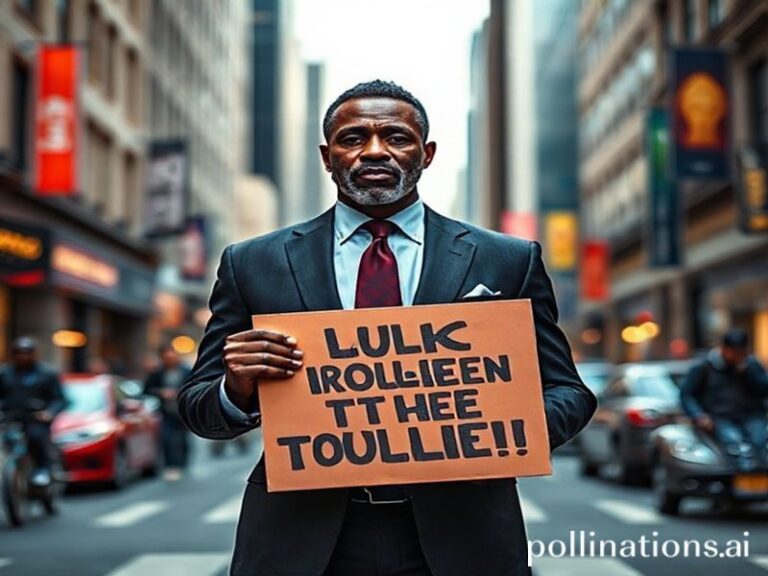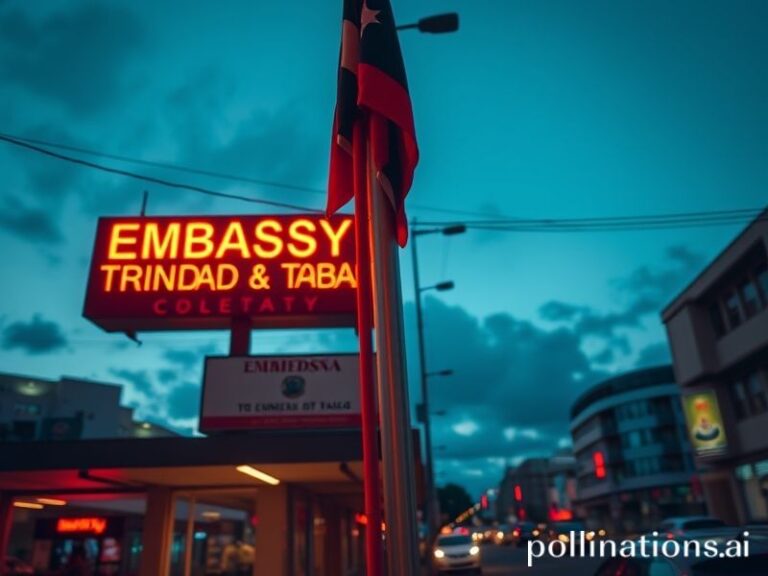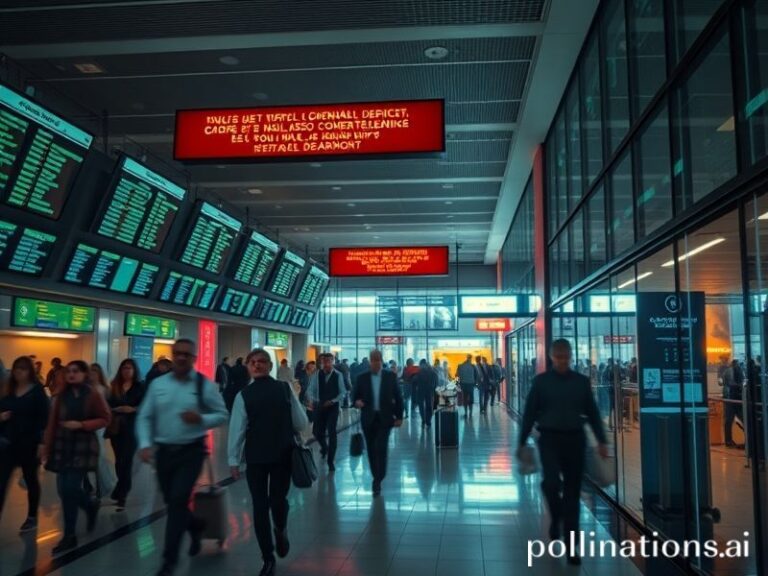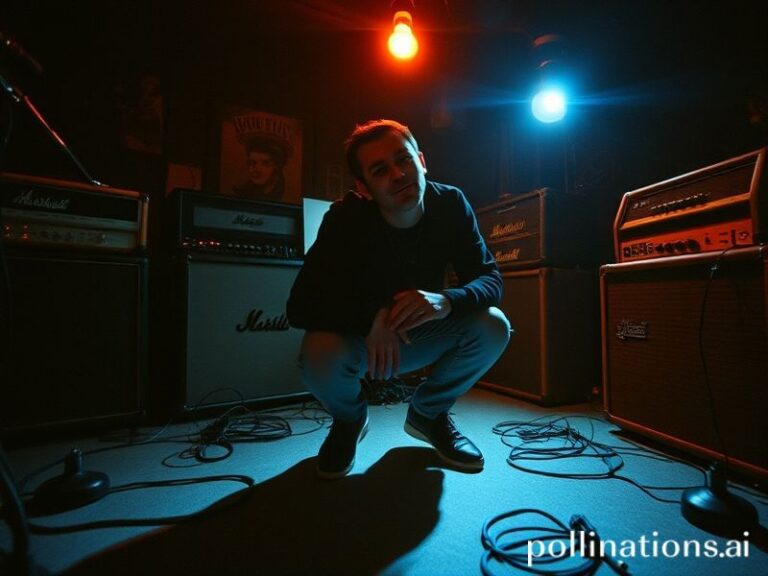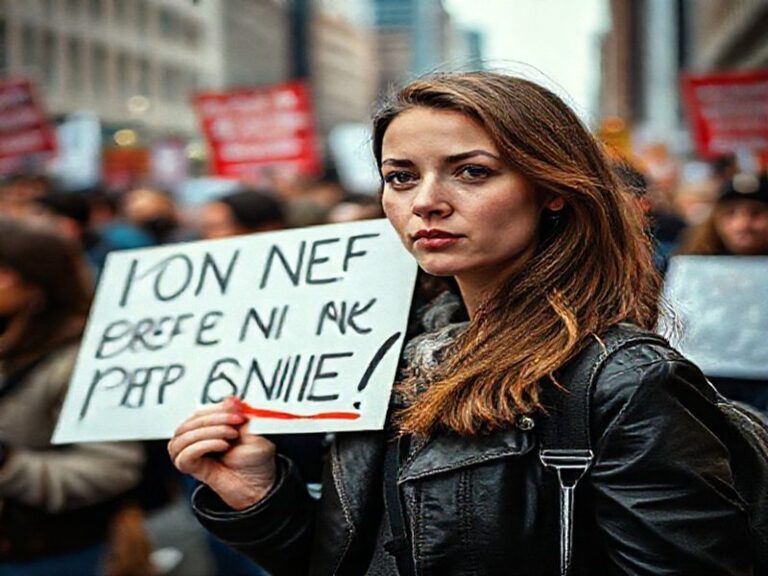Savona: The Italian Port That Just Un-Did Global Sanctions (and May Re-Do the Recession)
Savona, Italy – Population 58,000, hometown of the inventor of Nutella, proud owner of a port that once swallowed half of Genoa’s shipping traffic, and now—if you believe the international press—ground zero for the next global recession nobody saw coming. The city, whose medieval towers look on with the weary indifference of grandparents who’ve already buried three empires, has spent centuries being accidentally relevant every time the Mediterranean remembered it was still a geopolitical chessboard.
This week Savona’s relevance is once again accidental. A single, quietly worded press release from the European Central Bank—issued while the rest of us were doom-scrolling war crimes and celebrity divorces—announced the suspension of a €1.2 billion port expansion loan. The stated reason was “environmental reassessment.” The whispered reason was that Savona’s docks now contain the largest undeclared stockpile of sanctioned Russian aluminum outside of Vladivostok. The aluminum arrived disguised as humanitarian kitchen foil—because nothing says charity like enough metal to re-roof the entire Balkans.
Cue the dominoes. Within forty-eight hours, the London Metals Exchange coughed, the Shanghai Futures Exchange sneezed, and suddenly every hedge fund from Greenwich to Guangzhou was asking its risk-assessment AI whether “northwestern-Italian port risk” was a new asset class. The answer, delivered in the emotionless tone of a surgeon informing you your leg is already gone, was “effectively yes.” Commodity futures wobbled, credit-default swaps on Italian regional banks did something that looked suspiciously like a panic attack, and the yield on ten-year Italian debt spiked like a teenager’s first espresso.
Meanwhile, in Savona itself, life carried on with the unruffled dignity of a city that has hosted plagues, Napoleonic sieges, and Silvio Berlusconi’s yacht. Elderly men still played cards under the arcades, pretending not to notice the sudden influx of foreign correspondents who couldn’t pronounce “Piazza Sisto” but could smell a systemic crisis at fifty paces. A local barista, asked whether he was worried about global markets, replied, “Markets? I’ve been out of coffee filters since Tuesday. Priorities.” His shrug contained more economic wisdom than any G7 communiqué.
The wider implications are, of course, hilarious in the way a car crash is hilarious to someone watching from a safe distance. The EU’s latest sanctions architecture turns out to be as watertight as a colander designed by committee. Russia’s circumvention playbook now apparently includes rerouting strategic metals through the birthplace of Christopher Columbus (close enough, geographically and morally). The U.S. Treasury, never one to miss a chance at performative outrage, is threatening secondary sanctions on any bank that ever considered financing Ligurian infrastructure, which means every mid-tier bank in Europe is currently auditing its 1998 travel receipts for evidence of pizza.
And then there is China, whose state media has already framed the debacle as proof that “decadent Western ports cannot even manage basic customs without ideological hysteria.” Beijing’s offer to build a shiny new deep-water terminal in Savona—complete with 5G cranes and facial-recognition stevedores—arrived so quickly it must have been drafted in anticipation, like a condolence card you keep in the drawer for neighbors whose pets you secretly ran over.
Back in Brussels, Eurocrats are drafting a new regulation—sure to be 900 pages long and comprehensible only to the twelve people who actually read the footnotes—requiring real-time satellite tracking of every roll of kitchen foil entering EU waters. Somewhere in Davos, a consultant is billing $2,000 an hour to explain “Savona exposure” to terrified CEOs who thought their only Italian risk was overpriced truffle pasta.
Savona, meanwhile, will survive. Ports do. They have seen worse, shipped worse, and quietly buried the evidence under a layer of concrete and plausible deniability. The aluminum will eventually be re-classified as “recovered humanitarian surplus,” the ECB loan will be re-issued under a green-sounding acronym, and the city’s teenagers will still sneak onto the breakwaters at night to smoke the same bad hash their grandparents smoked while listening to the same Rolling Stones songs. History ends; geography merely reloads.

